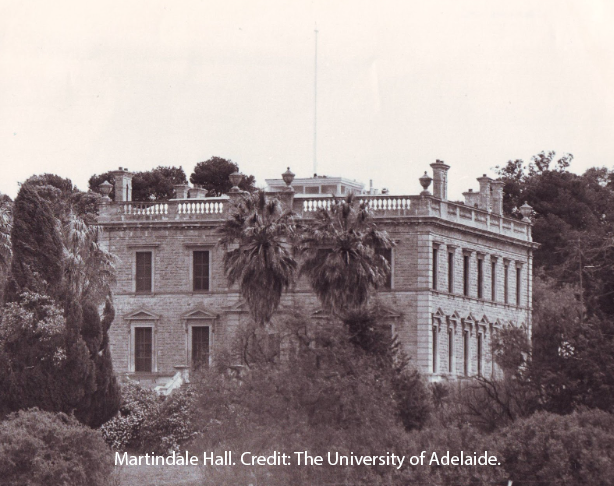There’s plenty of fuel left in the tank to drive the current growth period for Australian agriculture, according to one of Australia’s biggest farmland investment companies.
David Sackett, Director and Senior Portfolio Manager for Growth Farms, which manages more than $400 million of agricultural investments, said the appeal of Australian farmland assets with its high returns continues to flourish.
Cheap access to capital, ideal growing conditions and exceptional farmgate commodity prices are predicted to help Aussie farmers produce a record $81 billion in agricultural output this coming financial year - $3 billion more than earlier anticipated.
Continuing the upward trend, rural property prices have also reached record heights. With 90 per cent of the capital in the land, David says Australian agriculture is a safe bet.
“The value of the land generally goes up over time. We get five to seven per cent land appreciation per annum over the long term, regardless of how good an operator you are,” he said. “Your title isn’t going to be taken away from you either - and this is probably the most important thing for investors.”
With its significant net exporting links and abundance of land, it stands to reason there’s plenty of investors keen to put their dollars into Australian agriculture. But how do you get started? Have you got the drive but lack the expertise or the connections? David takes us through the process.
While some investors throw their hat in the Aussie agricultural ring from afar, others buy the farm directly and operate it themselves, or lease its operation out. If it’s the latter option you’re after, David says Growth Farms can operate on your behalf. From appointing staff, deciding what crops to grow, what livestock to run, setting out strategy - it’s all taken care of.
Although co-mingled entities have also been popular in enabling investors to own a diverse portfolio, David says the trend now is towards separately managed accounts.
“It removes the risk of others wanting or needing to sell when you don’t want to. We find bigger investors tend to prefer doing their own thing, as they have enough to invest to get scale and diversity,” David says.
Long-term leases unique to agriculture are also an attractive investment prospect. As David explains, an existing farmer may be keen to add the block next door to their current thousand hectares - but what happens when your dollars don’t match the dream?
"We (Growth Farms) can buy it and lease it back to them on long-term leases of 10, 20, even 30 years,” David says. “It allows people to treat the property like their own and invest in their farm with confidence.”
 Results
Results
